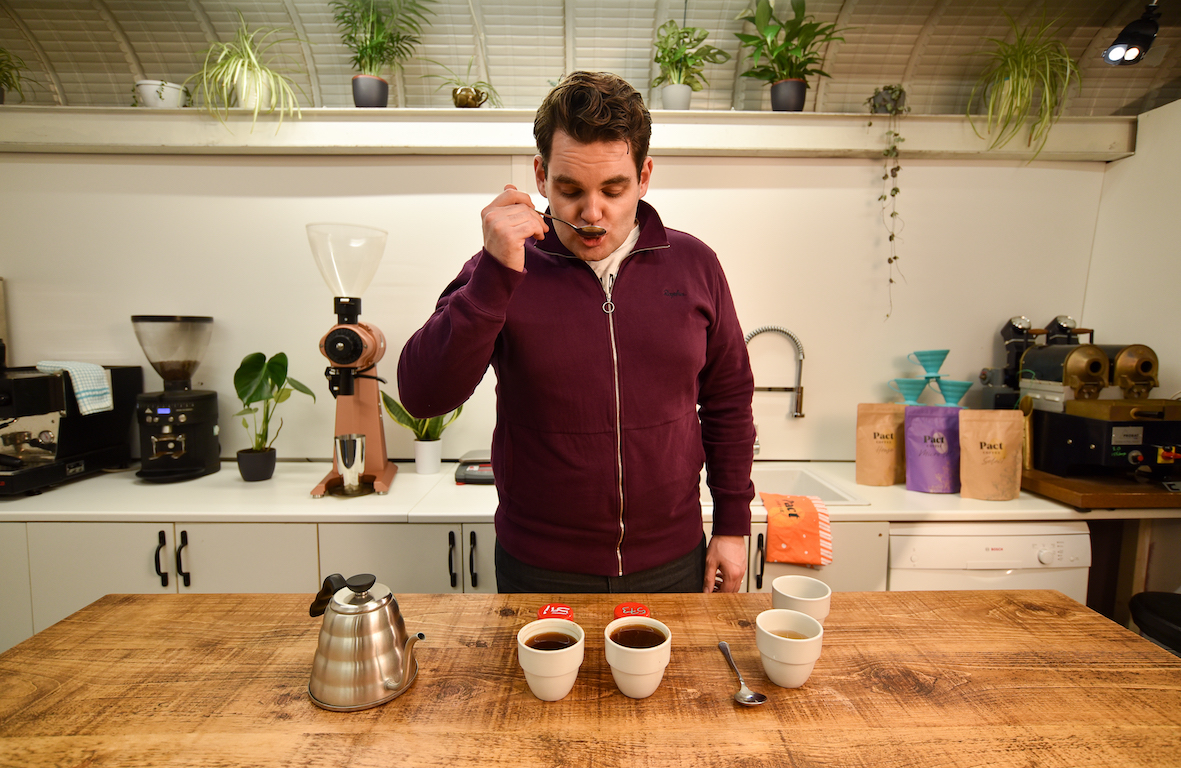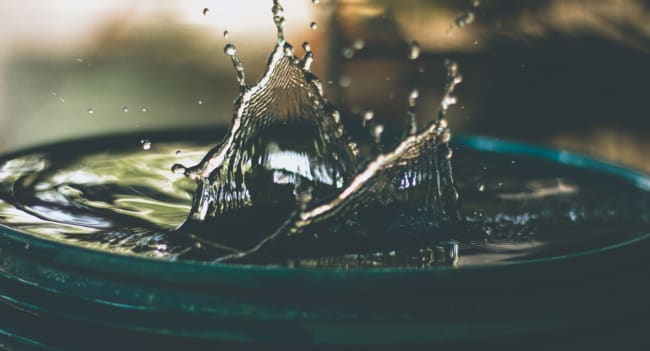There’s been a sharp increase in people adopting a more sustainable lifestyle over the last year compared to 2021. People are looking for easy choices they can make in their everyday lives to make an impact for people and the planet. One of these choices is socially conscious coffee.
Coffee is easy to take for granted - but many of us would sorely miss it if it was gone from our morning ritual. There are easy choices we can make as consumers to make a profound global impact on the industry and the environment.
It can be a bit overwhelming as a consumer to make all the right choices, so treat this as a primer.
Keep the following points in mind when shopping for coffee and you can do your bit in the coffee revolution!
Your cup
Your cup is an important part of your coffee consumption. Unfortunately, a lot of takeaway cups advertised as recyclable actually have a coating of plastic inside, so they end up in landfill. Not to mention the trees required to produce them worldwide.
You can save money and help the planet by getting a reusable cup to take to the coffee shop. You’ll notice your coffee tastes better for it, too.
Another option is to make your coffee at home. Whether you’re channelling your inner barista to make impressive latté art or you’re making a simple daily brew, you can make a big difference with home brewing.
Find easy how-tos on every method with our handy brew guides.
Your brew
There are simple choices you can make when home brewing to be a conscientious coffee drinker, whatever your preference.
Coffee pods
When it comes to our daily luxuries, convenience is important. In terms of long-term damage, commercial coffee pods are among the worst products you can throw out. This is because many of them are a ‘hybrid monster’ of metal and plastic that are difficult to separate and recycle.
There are some brands producing compostable coffee pod solutions - and at first glance, this might seem like the most eco-friendly solution. In an ideal world, it would be. But bear in mind that it relies on council-run composting facilities and the coffee drinker having an industrial compost bin. When put in the landfill, they won’t compost.
Recent studies have shown that 60% of plastics marketed as home compostable fail to disintegrate in 6 months. On top of this, most local authorities in the UK do not use industrial composting to process food waste.
It doesn’t help that labels are also confusing. Some plastics are marketed as ‘biodegradable’, but this usually means it can’t be composted - plus it’s vague what conditions it would have to be under to biodegrade.
For you, an eco-conscious consumer, it’s frustrating greenwash and puts the onus on you to understand what goes where and how. For everyone wanting a convenient solution for helping the planet, it’s really disappointing that these ‘compostable’ plastics evidently don’t work. And even when they do, they’re infrastructurally blocked. What a headache.
A more accessible option is to opt for recyclable coffee pods. We use aluminium. Aluminium is cheap to recycle and the majority of it is still in circulation. It’s also easy for you to recycle at home. Once you’ve used up your eco-friendly coffee pods, either drop them off at your local supermarket’s recycling point or use an Eco Press to empty them and put them in your recycling bin.
These recyclable pods also retain the freshness of the coffee much more effectively than compostable pods, extending the shelf life and reducing coffee waste.
See our blog for more information about our new coffee pods. Convenience with a conscience.
Coffee filters
Coffee filters make home brewing so convenient. They make a clean cup of coffee and they’re easy to throw away after use.
It’s true that while using filter papers is a fuss-free way to brew your coffee, it can be more wasteful. You can reduce this by making the right filter choices.
Simply choose filters that are bleached in an environmentally friendly way and are biodegradable. We have options available for every brewing method.







